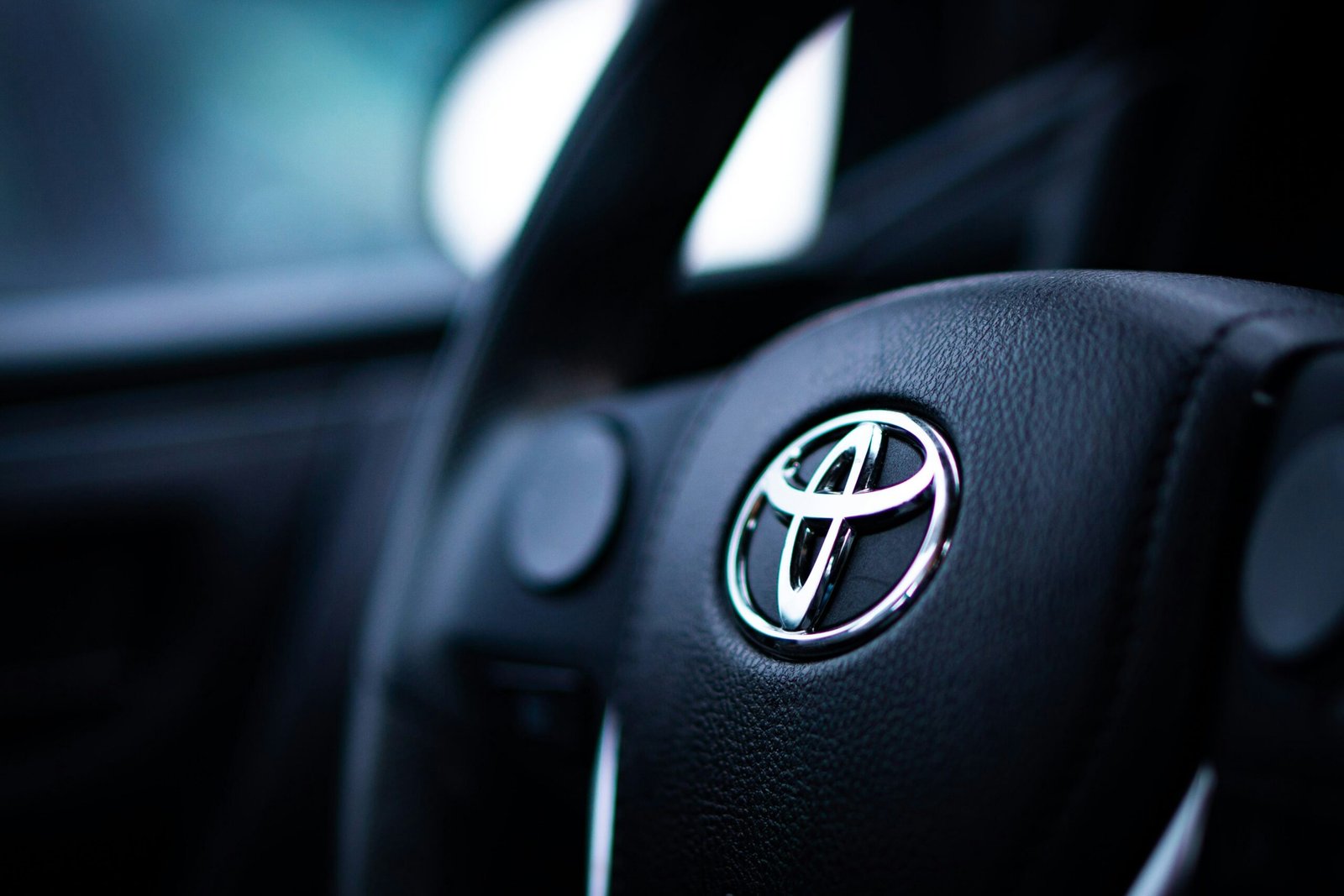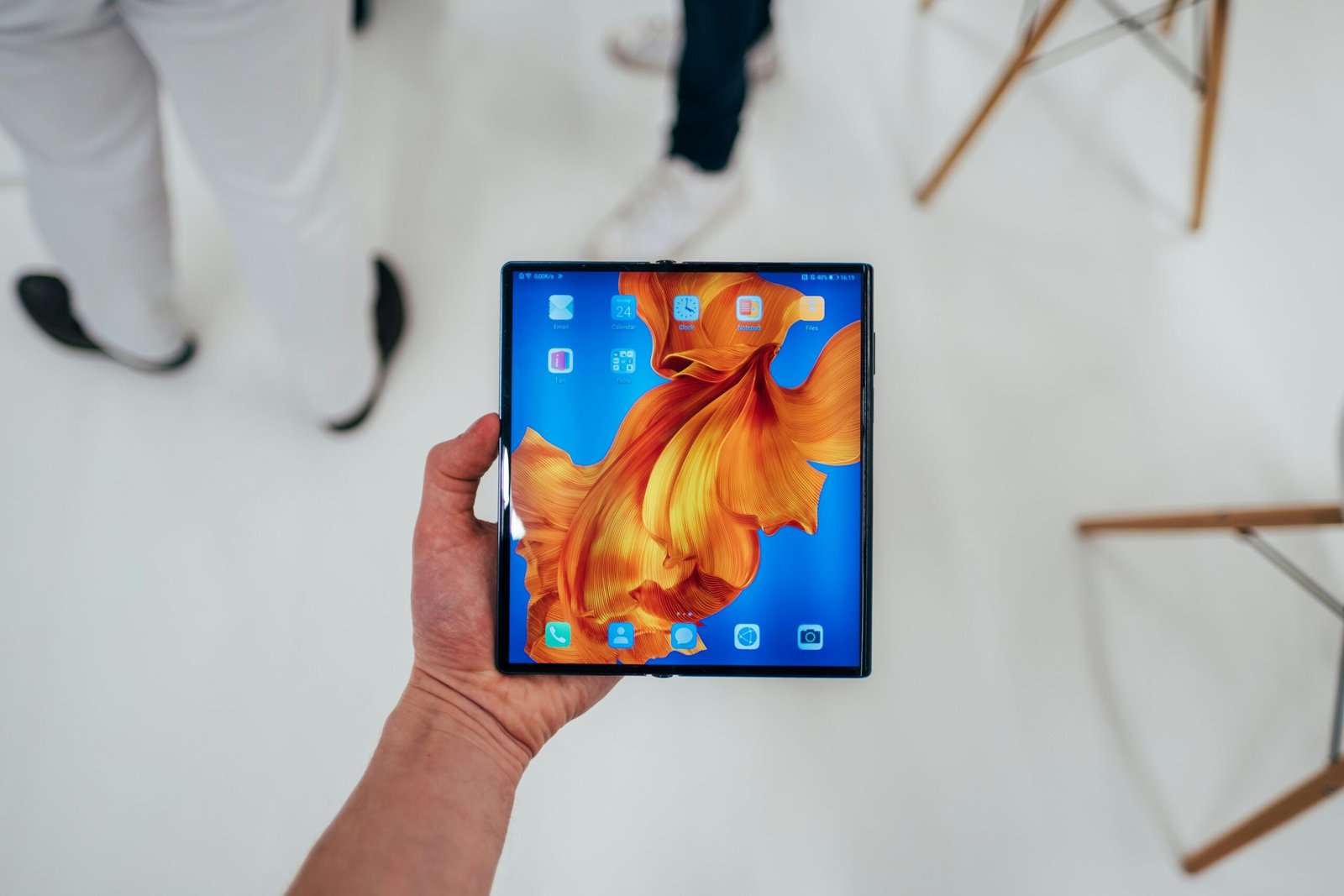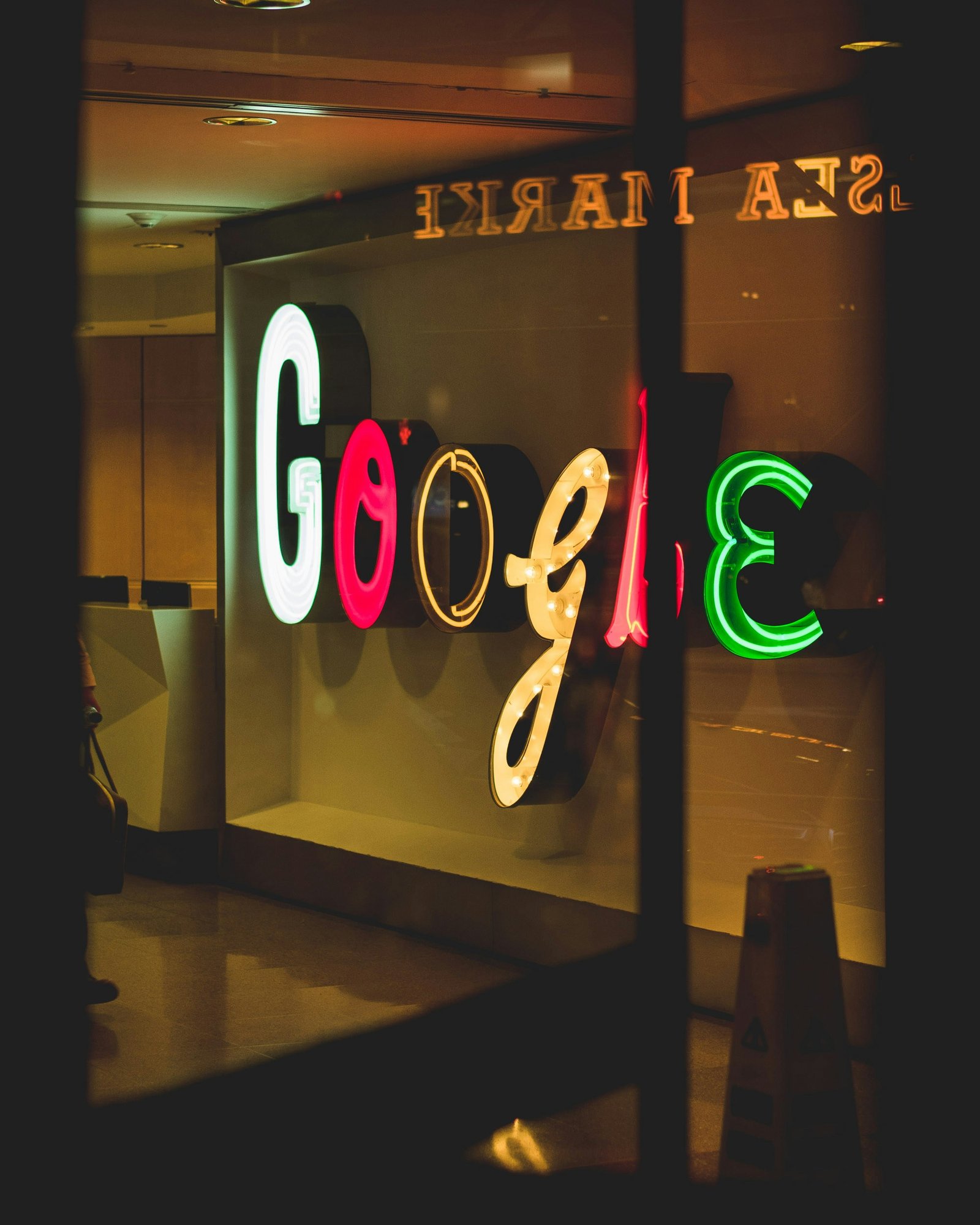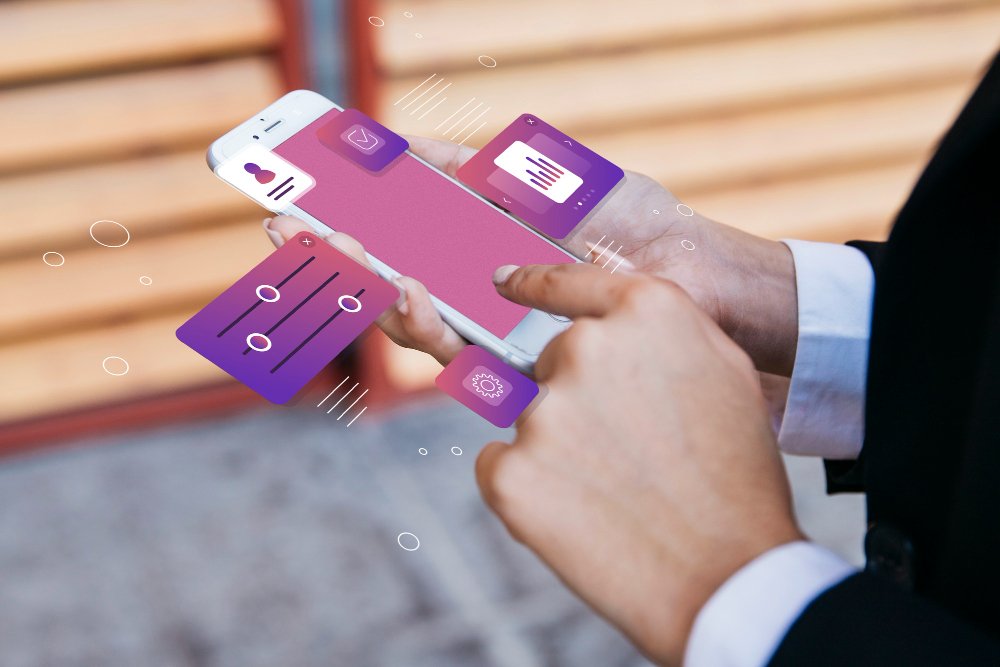
In its relentless pursuit of sustainable mobility, Toyota is going above and beyond to support the widespread adoption of hydrogen fuel cell vehicles. The Japanese automaker is so determined to see hydrogen succeed that it is offering enticing incentives to encourage people to buy its Mirai model.
The Mirai: A Visionary Hydrogen Fuel Cell Vehicle
The Toyota Mirai is a groundbreaking vehicle that runs on hydrogen fuel cells, emitting only water vapor as a byproduct. With zero tailpipe emissions and a range of over 300 miles, the Mirai represents a significant step towards a greener future. However, the high cost of hydrogen fuel cell technology has been a barrier to its widespread adoption.
Toyota’s Incentive Program
To overcome this challenge and accelerate the adoption of hydrogen fuel cell vehicles, Toyota has introduced a generous incentive program for prospective Mirai buyers. The program aims to make the Mirai more accessible and appealing to consumers, ultimately driving the growth of hydrogen infrastructure.
Under this program, Toyota offers a substantial financial incentive to Mirai buyers. This incentive can be in the form of a cash rebate or a discounted lease rate, making the Mirai a more affordable option for environmentally conscious consumers. By reducing the upfront cost of the vehicle, Toyota is removing a significant barrier to entry and making hydrogen technology more accessible.
Furthermore, Toyota is also providing complimentary hydrogen fuel to Mirai owners for a limited period. This ensures that early adopters have access to the necessary fuel infrastructure without incurring additional costs. By covering the fuel expenses, Toyota is demonstrating its commitment to supporting Mirai owners and facilitating their transition to a hydrogen-powered future.
The Benefits of Hydrogen Fuel Cell Vehicles
Hydrogen fuel cell vehicles offer several advantages over traditional internal combustion engine vehicles and battery electric vehicles. The Mirai’s key benefits include:
- Zero Emissions: Hydrogen fuel cell vehicles produce no harmful tailpipe emissions, reducing air pollution and mitigating the impact of climate change.
- Long Range: The Mirai’s impressive range of over 300 miles eliminates range anxiety, providing a comparable driving experience to conventional vehicles.
- Fast Refueling: Refueling a Mirai takes just a few minutes, similar to filling up a gasoline vehicle, offering convenience and eliminating the need for lengthy recharging times.
- Energy Security: Hydrogen can be produced from diverse sources, including renewable energy, enhancing energy security and reducing dependence on fossil fuels.
Toyota’s Vision for a Hydrogen Society
Toyota’s commitment to hydrogen goes beyond selling vehicles. The company envisions a future where hydrogen plays a central role in a sustainable energy ecosystem. Toyota is actively collaborating with governments, energy companies, and other stakeholders to develop hydrogen infrastructure and promote the widespread adoption of fuel cell technology.
By incentivizing the purchase of Mirai and investing in infrastructure, Toyota is taking a proactive approach to accelerate the transition to a hydrogen society. The company’s commitment to hydrogen as a viable alternative to traditional fossil fuels is evident in its efforts to make the Mirai more accessible and appealing to consumers.
Conclusion
Toyota’s dedication to hydrogen fuel cell technology and its commitment to the success of the Mirai are commendable. By offering generous incentives to prospective buyers, Toyota is making hydrogen vehicles more affordable and attractive, paving the way for a greener and more sustainable future. As the world shifts towards cleaner transportation solutions, Toyota’s efforts to promote hydrogen as a viable option are crucial in driving the adoption of this promising technology.















